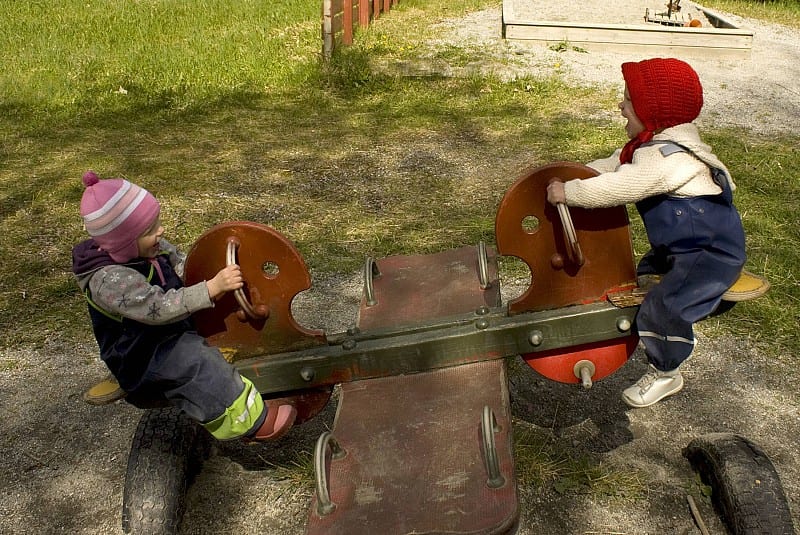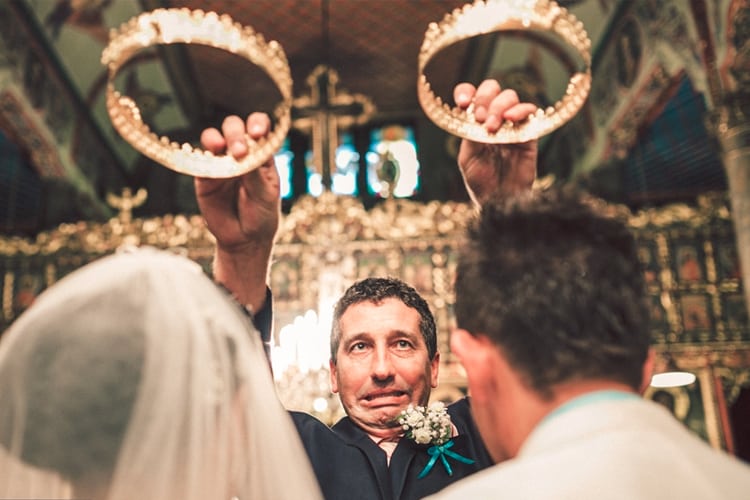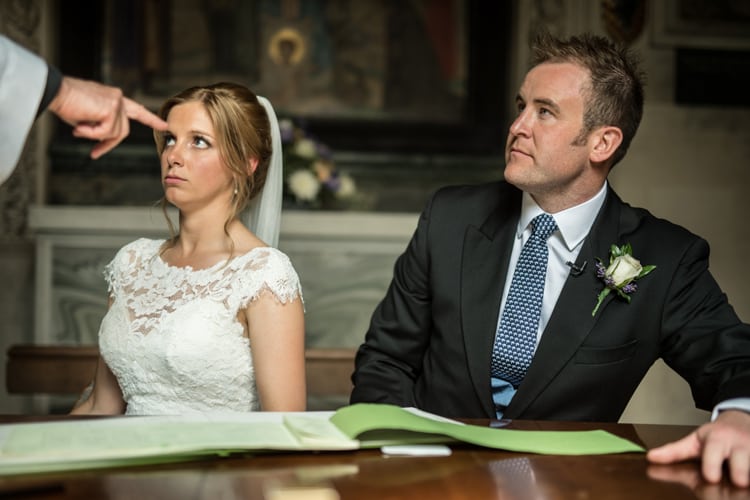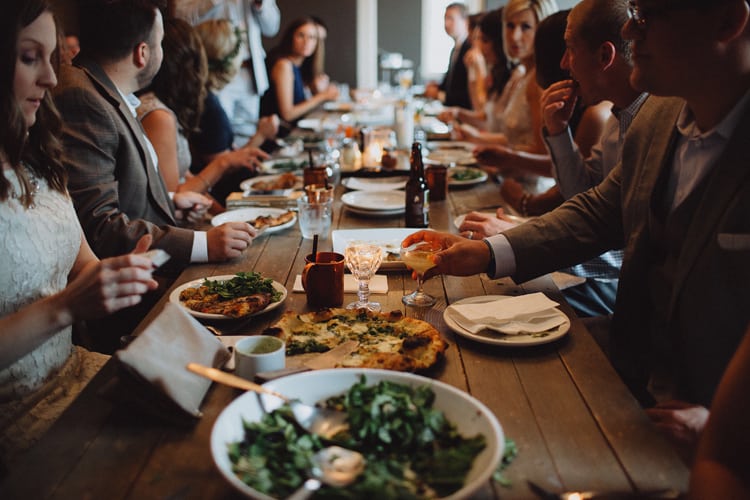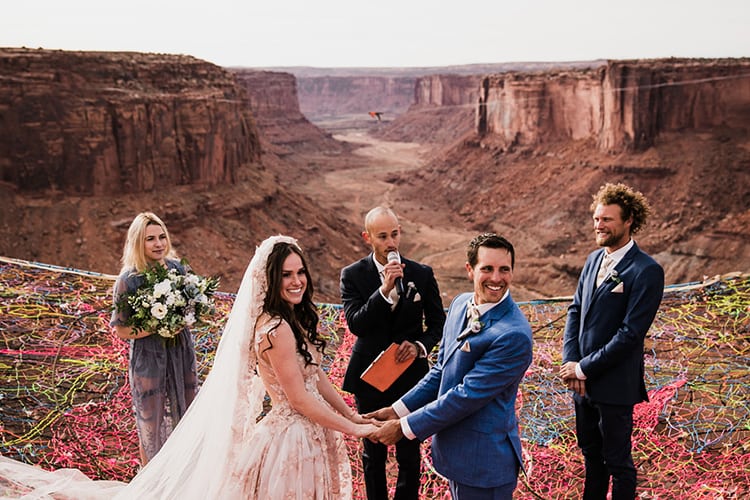
If you’ve convinced someone to marry you, there’s a pretty good chance that your pending wedding ceremony has to take place somewhere…anywhere (well, maybe not in the Lowe’s parking lot, unless, you know, that’s what she really wants). Whether your nuptials are going to occur underneath the tree in your future in-laws’ backyard, inside a grand cathedral, or in front of a county court judge, you need a venue.
Honestly, this is one of the most important decisions that you and your bride need to make that will affect almost every other decision in the wedding process. But don’t sweat it, below are some easy steps to follow in order to land the venue that’s right for you.
Choose a City (or at least a State, Province, or Territory)
If you already know generally where you plan to get married (your fiancé’s hometown, wherever you live now, Tokyo Disney) you can skip to the next step, but if you’re still sorting out that major detail, here are a few things to consider.
For starters, unless you’re getting married at the cult compound you and your wife grew up in, some members of your respective families or friends will most likely need to travel to attend the ceremony—which is to say every wedding is a destination wedding for someone. Consider how many out of town guests each prospective city or town on your list would create, and give extra weight to the concerns of those guests for whom travel might be difficult.
If maximizing the number of guests at your ceremony is a priority, choose the city that will require the least amount of travel for the largest number of people. If quality over quantity is more your style, consider choosing the city closest to your most important guests (ie: your college friends or your future in-laws) even if that means tying the knot in a spot where you feel a little unmoored. Of course, getting married away from you and your bride-to-be’s home base usually presents other costs to consider—hotel rooms, rental cars, airfare,and meals—so be sure to factor those into your overall budget.
Finally, if you’re thinking about a true destination wedding, where your guests gather at an all-inclusive resort or the city where your future wife has been dreaming about getting married in since she was 11-years-old (despite never having visited) consider each possible destination’s proximity to a major airport as an element of its appeal. If your fiancée’s meemaw has to take two connecting flights, a ferry, and a horse-drawn carriage to get to your venue there’s a good chance she won’t make the trip. Whether you consider this a feature or a bug is entirely up to you.
Work Backwards From “I Do” (note: no time travel involved)
More than any external factor, the venue for your wedding ceremony will set the mood for the type of ceremony you have. The bar where you first made out might hold significance for you as a couple, but it likely won’t offer the proper gravitas if you’re considering a more traditional ceremony. This means you both need to decide the type of ceremony you want—the look, the feel, the size—before choosing the venue or wedding date. That often starts by asking your fiancée what she wants (face it, most women have been thinking about their wedding day longer than they’ve known the men they intend to marry). And while you may not have envisioned the number, color, and height of the centerpieces at your reception, it’s highly likely you’ve at least had a few daydreams about your wedding as well. Talk through it together without worrying about practicality, pragmatism, or your parents. Establish what’s important to her, and to you, and make a list of the bits and pieces that are non-negotiable.
As you hash out the conflicts and confirm your vision, you’ll be amazed at how quickly the venue decision makes itself. If she’s always imagined getting married at sundown as the last light of a summer’s day streams through a series of stained glass windows, you’re going to have a hard time replicating that in the courthouse. If those same stained-glass windows exist in a specific house of worship, all the better—find out how far in advance you need to book that space and plan accordingly.
Popular venues often book out several months (sometimes more than a year) in advance for peak seasons, which means that summer wedding she’d envisioned could quickly morph into a winter ceremony if you both know you want to avoid a long engagement. If you’re on board for a traditional Hindu ceremony, you likely know the accompanying rituals take more than an hour, which means you’ll need a venue with seating for all and a place for you to slip into your safa and sherwani.
As you establish what’s important to both of you, don’t forget to determine where “appeasing our parents” fits in the grand scheme. If you’re an avowed atheist but know it would mean the world to her mom for the two of you to get married in a church, weigh “sticking to my principles” against “making my mother cry” and see which one wins out.
Talk through everything: sacred vs. secular; traditional vs. personal; indoor vs. outdoor; big vs. small. Make adjustments based on the priorities you both hold close (“We want to walk down the aisle together to ‘Don’t Stop Believing’…”) and understand a lot of the time you won’t get everything you want (“…which means we can’t get married at the mosque!”).
Knowing you want a specific venue can impact your wedding date. Knowing you want 250 people to see you get hitched means choosing a spot that can accommodate them all. Knowing you want your dog to be your best man means choosing a place where that sort of thing is encouraged, or at least tolerated. Reckoning with the consequences of getting your way (or not) before you make a decision is a good practice that’ll help avoid day-of stress and emotional meltdowns.
Consider the Costs (both literal and figurative)
To paraphrase WWE Hall of Famer (and ordained minister) The Million Dollar Man, everything has a price.
Nearly every venue will carry an upfront rental cost as well as fees you might not know exist until you ask. For example, if you’re planning an outdoor ceremony, determine whether you’ll have to pay extra for a PA system, or for a rain package in case that ironic wedding day that Alanis Morissette warned you about comes to fruition. If you’re getting married at the courthouse, will all your witnesses pay to park downtown or will you be renting a shuttle to get folks from the hotel to the courthouse to the party on the lake?
Not all of a venue’s hidden costs are literal. A remote outdoor wedding could cost you your dignity, in that you might be forced to don your tux in a dimly lit trailer. Some venues/ceremony styles could cost you the presence a beloved guest. A sealed temple ceremony in the LDS church, for example, is only open active Mormon adults. Getting married by a Catholic priest might cost you time—you’ll need to spend several hours attending Pre-Cana courses. By requiring that their pastor be a part of the wedding in some way, some houses of worship effectively require a sacrifice—albeit one that is seemingly bloodless; they insist a total stranger be a part of an intimate, personal ritual. They also expect you to tip. Also, your church is most likely going to need a deposit. Brace yourself for at least $1000 down.
While ceremony venues that double as the reception site might save you some cash on renting a space, they come with less overt costs as well. For example, some locations insist on in-house caterers who charge by the hour, which means you’ll be paying them to work during the ceremony even when folks (hopefully) aren’t eating. Additionally, there can be labor fees for setting and resetting a room if you need the dance floor to exist in the exact same space the vows took place. It always helps to ask, “What does this package include?” When a wedding coordinator gives you a quote, follow-up quickly with “and what doesn’t that include?” as you politely but firmly shake their hand without breaking eye contact.
In short, your perfect wedding starts with booking the perfect venue—but booking the perfect venue begins with an understanding of what that perfect wedding is meant to look, sound, and feel like. Knowing you want to walk down an aisle together as husband and wife means establishing that yes, there should be a physical aisle, but not one so long that our guests will have to suffer through more than 32 bars of “Here Comes the Bride.” Talking through the ceremony with your fiancée (and, often, with your parents) isn’t just a great way to sort out which venue is right for you. It’s a helpful exercise in compromising, prioritizing and passionately defending the things that are important to you—which are, coincidentally, skills you’ll need once you’re married, no matter where the ceremony took place.
—Jeffrey Ashworth
Choosing a wedding venue can be a tough and costly decision. Start making this key decision at least nine months from the month you want to get married. That way, you’ll at least have options in case your preferred venue is booked.








